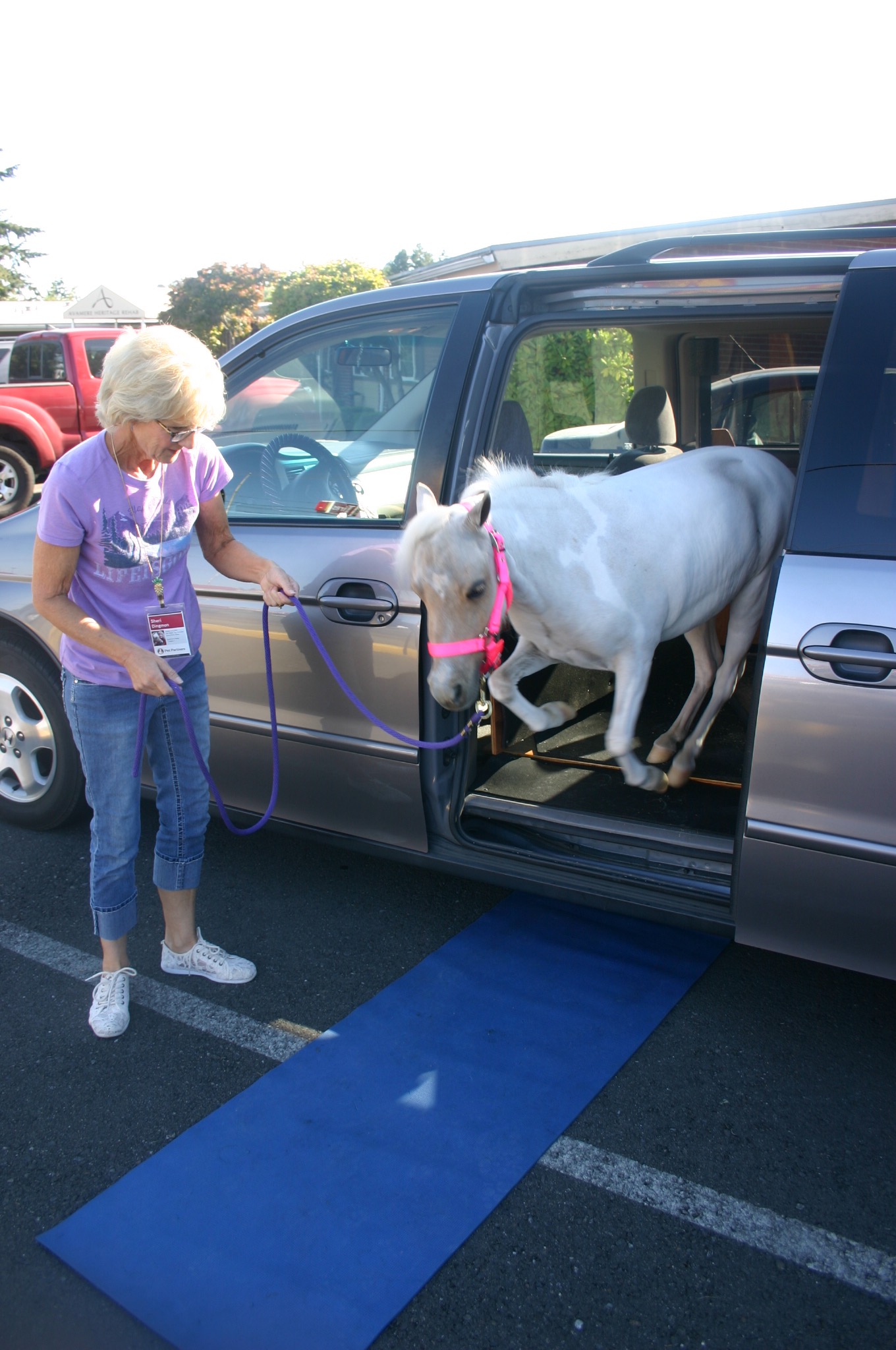By David Guest
Tacoma Daily Index editor
Residents at a Tacoma rehabilitation facility are placed in their wheelchairs and positioned in front of a large flat-screen TV that hangs on the wall of a roomy general gathering area. Most appear to be asleep, or unaware of what is happening around them. The residents here are afflicted with a variety of medical conditions – some permanent – requiring 24 -hour care.


There are those with broken bones, or are recovering from a stroke, who need to learn to walk again. And there are those who suffer from illness or faulty genetics which have over time left them in a catatonic state.
Some are young. Some are old. Some need to rehab an injury and will go home and eventually back to work. Yet sadly, there are others who will never leave.
It’s hard to determine if any of those parked in front of “Matlock” are remotely engaged with the Andy Griffith lawyer drama. The show elicits few facial expressions. Most don’t even raise their eyes to the screen when Ben Matlock reveals that the lovable Dick Van Dyke is actually a murdering judge.
The highlight of the day for the residents of the rehab center is when Drama makes an appearance. Not a TV show or movie, but a four-legged Drama of the equine persuasion.
Sheri Dingmon of Auburn has been bringing her miniature horse Drama to nursing homes, rehabilitation centers and senior living facilities in South King and Pierce counties for just over three years. Drama is a therapy animal, all of 2 1/2-feet tall, and her arrival is a welcome sight for those restricted by the walls of the facility and trapped inside their own failing bodies.
“Sometimes we get people who are pretty non-responsive most of the time and you can see them light up when she comes into the room to visit,” Dingmon said. “There’s some ‘ah ha’ moments every now and then. It’s kind of a tear jerker because it’s pretty special.”
Dingmon and Drama began making volunteer therapy visits after a care facility staff member saw them at the annual Enumclaw Christmas parade and asked if the little horse with the calm demeanor and big heart could visit with the residents at the facility.
Dingmon connected with Pet Partners, a nonprofit organization that registers therapy animals and their handlers as a team, providing screening, training and evaluation to ensure that the team is suitable to perform animal therapy work.
“It’s really rewarding for me,” Dingmon said of the therapy visits. “Drama – she enjoys it. I can read her like a book, so I can tell by her mannerisms and behaviors. It’s just the way she approaches people. You can see it in her eyes. Her eyes are happy.”
Drama is so small, she rides in the back of Dingmon’s minivan and eagerly steps out of the side door as soon as Dingmon slides it open. Drama seems acutely aware of where she is and what she she is there to do. After Dingmon slips a set of rubber shoes over her hooves, the horse and handler head toward the front door of the rehab center and are immediately greeted by staff members, whose broad smiles underscore the importance of the pint-sized white and grey horse’s monthly visit to staff and residents alike.
Drama quietly approaches each resident, placing her head gently on their lap or near their hands. And she patiently waits for the residents to acknowledge her with a pat on the head or a slight tug on her mane.
“She takes to most people, but some of them she seems to be a little more interested in,” Dingmon said. “She goes right up and puts her face on their lap. They’re stroking her and she starts to lick her lips and her eyes get sleepy. You can tell she’s loving the whole thing.”
According to Pet Partners, years of research show that the human-animal interaction can be an important component in an individual’s health and well being. Therapy animals are credited with increasing positive social behaviors in children with autism spectrum disorder while lowering stress, blood pressure and pain in medical patients.
Therapy animals have been shown to have a positive effect on veterans with post-traumatic stress disorder, Alzheimer’s patients, individuals recovering from physical trauma and those with intellectual disabilities.
While dogs represent a vast majority of therapy animals, cats, pigs, rabbits, birds and horses, like Drama, also can serve in the Pet Partners program. Some courses are offered online.
While it appears that Drama receives her own reward during the therapy visits, the satisfaction is widely shared.
“Some of the places I’ve been going to for quite a while, and I see some of the same residents, over and over,” Dingmon said. “And they absolutely look forward to the visits.”
On the web:








